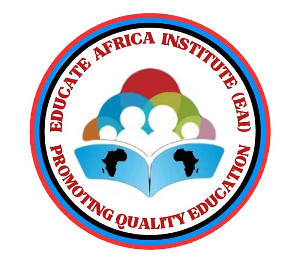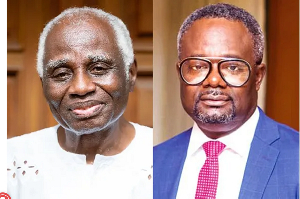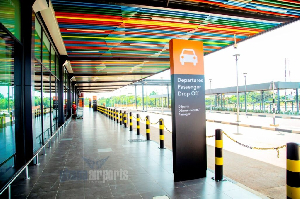As political parties in Ghana diligently draft their manifestos, the spotlight falls on the crucial sector of education.
Education serves as the cornerstone of development, shaping the future of individuals and the nation as a whole.
Therefore, the educational policies outlined in these manifestos must reflect the aspirations and needs of Ghanaian students, teachers, and communities.
Here are some key educational policies that should be prioritized to propel Ghana's education sector forward:
1. Quality and inclusive education: Every Ghanaian child deserves access to quality education, regardless of their socio-economic background, geographical location, or ability.
Political parties should pledge to invest in infrastructure, resources, and teacher training to ensure that schools provide a conducive learning environment for all students, including those with disabilities.
2. Curriculum reform: The curriculum should be updated to meet the evolving needs of society and equip students with the skills necessary for the 21st century.
This includes a greater emphasis on digital literacy, critical thinking, creativity, and problem-solving skills. Additionally, there should be a renewed focus on vocational and technical education to prepare students for the workforce and reduce unemployment.
3. Teacher welfare and professional development: Teachers are the backbone of the education system, yet they often face challenges such as low salaries, inadequate training, and lack of support.
Political parties should commit to improving teacher welfare, including competitive salaries, access to professional development opportunities, and support for continuous learning.
4. Equitable access to education: addressing disparities in access to education is crucial for achieving equitable outcomes.
This includes providing transportation and infrastructure in rural areas, abolishing school fees at the basic level, and implementing targeted interventions to ensure that marginalized groups such as girls, children with disabilities, and those from low-income families are not left behind.
5. Technology integration: Embracing technology can enhance teaching and learning outcomes, improve access to educational resources, and bridge the digital divide.
Political parties should prioritize investment in technology infrastructure, digital literacy training for teachers and students, and the development of digital content and platforms tailored to the Ghanaian context.
6. Community engagement and stakeholder participation: Education is a collective effort that requires the involvement of parents, communities, civil society organizations, and other stakeholders.
Political parties should promote greater community engagement in decision-making processes, encourage parental involvement in schools, and foster partnerships between schools and local organizations to support holistic development.
7. Tertiary education reform: reforms in tertiary education are needed to ensure that higher education institutions are responsive to the needs of the economy and society.
This includes strengthening links between academia and industry, promoting research and innovation, and expanding access to higher education through scholarships and student loans.
In conclusion, the upcoming manifestos present a critical opportunity for political parties in Ghana to articulate their vision for the education sector and demonstrate their commitment to building a brighter future for all Ghanaian students.
By prioritizing policies that promote quality, inclusivity, equity, and innovation, Ghana can unlock the full potential of its education system and empower future generations to thrive in an ever-changing world.
We're concerned citizens of Ghana. Africa is born in us.
Opinions of Saturday, 11 May 2024
Columnist: Educate Africa Institute



















